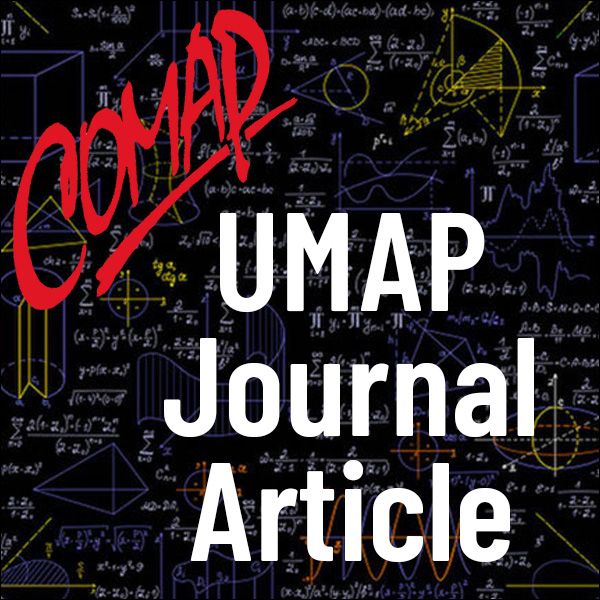Fish Allocation KKT to the Rescue
Author: Michael Shoushani, Stavros Christofi, Marios Charalambides, and Michalis Menicou
Abstract
We solve an actual practical problem for a fish farm. We model the problem as an inequality-constrained profit-optimization problem that includes a nonstandard smallest-order constraint. Both the Karush-Kuhn-Tucker (KKT) theorem and software play a crucial role in obtaining the solution, and we stress and demonstrate the interrelation between them.
The Real-World Problem That We Solve
Optimal allocation of production is considered one of the critical issues for aquaculture, a growing area of animal food production worldwide. We address this issue and demonstrate the importance and usefulness of mathematical modeling, theory, and software in obtaining the solution to the following applied business problem that fish farms in Cyprus may face:
The farm's production capacity is below total demand. So its management team needs to decide which orders to fill, and to what extent, so as to maximize profit. What portion of each order should they satisfy?
The fish farm under study is located in the Vasilikos Bay area on the coast of Larnaca, Cyprus. It is situated approximately 1.2 km from shore and consists of 18 cages, which are grouped in 2 rows of 9 cages each. The farm's rectangular shape is oriented in such a way that its narrow side faces towards the predominant winds, which come from the southwest. The harvested fish are mainly sea bream (Dicentarchus labrax) and sea bass (Sparus aurata).
A Cypriot fish farm is granted a license for a particular product quota, which quota is primarily based on environmental impact assessment studies [Department of Fisheries and Marine Research 2010]. The particular farm under study has a license to produce annually only up to 756K kg = 756,000 kg of fish. Consequently, increasing production to match further demand cannot be considered.
For commercial reasons, the fish farm also needs to place presence in certain markets of strategic importance ahead of immediate profits. Small Cypriot fish farms face fierce competition from abroad and need to keep a relationship with their customers, possibly making less money now in exchange for increasing the chance for future profits. Thus, the fish farm under consideration has adopted the following marketing policy:
Do not totally deny an order, even if it would be in the farm's best short-term financial interest to do so.
The problem involves multiple seasons and multiple buyers and entails multivariable nonlinear optimization with inequality constraints. Some of the inequality constraints are nonstandard, such as the smallest-order constraint, which stems from the business strategy noted above.

Mathematics Topics:
Application Areas:
You must have a Full Membership to download this resource.
If you're already a member, login here.